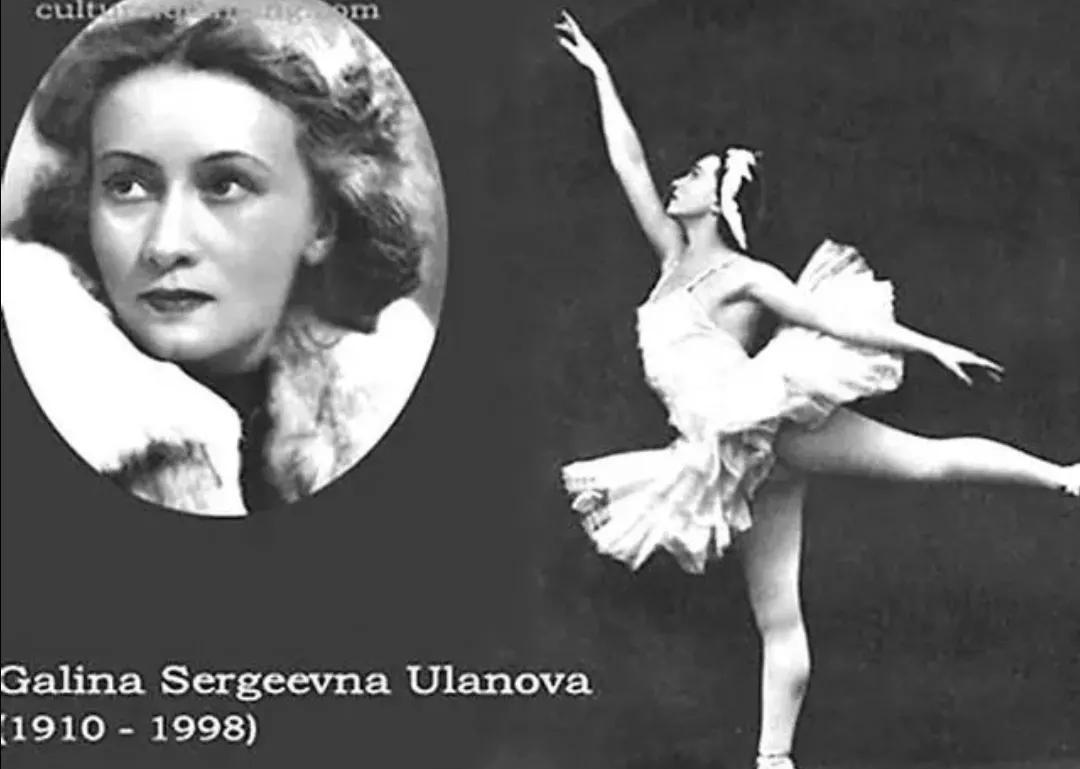After the October Revolution in Russia, Soviet power took over everything that was left behind by the Tsarist regime, including culture and art, and of course ballet. At that time, the level of ballet in the world was the highest in Russia. Ballet began in Italy, developed in England, and flourished in Russia.

In the movie "Lenin in 1918", there is a long ballet "Swan Lake". In the five-volume "Remembering Lenin", there are Lenin's impressions after watching the ballet. He put it this way: "This kind of dance helps to cultivate the people's elegant manners and graceful posture. ”
With Lenin's affirmation of ballet, ballet must have developed very well after the founding of the Soviet Union. The movie "Lenin in 1918" was filmed by Stalin when he was in power, and a large section of "Swan Lake" was added to it, which also shows Stalin's attitude towards ballet.
According to some recent online articles, many Chinese repeatedly ran to the cinema to watch "Lenin in 1918" in order to watch this "Swan Lake", but the viewing angle and appreciation angle were somewhat vulgar, mostly to see the thighs of the actors. For today's audience, watching the thighs has become accustomed, aesthetic fatigue, can have a higher level of appreciation.
When Lenin first saw ballet, as a politician, his point of view was to stand on whether it was beneficial to the people. This is also the quality and mind that a politician should have.
The founder of Chinese ballet was Dai Ailian, and at first, she was worried that ballet would reveal more forms and cause people to be uncomfortable or criticized. It was Premier Zhou Enlai's words that reassured her, and Zhou Enlai said to Dai Ailian expectantly: "When will I see the Chinese version of Swan Lake?" This sentence gave Dai Ailian great encouragement.
As a work of art, ballet will have different views and evaluations in the eyes of people with different cultivation and different visions. Professional, purely artistic commentary is a commentary on the artist's professionalism and the superb skill displayed in the work, and the height reached by the specific dance work. Like the ballet goddess Ulanova, when she goes on tour to the UK, the audience has to queue for three days and three nights to see the live performance. When Ulanova was about to leave the theater, the audience did not let the driver start the car and pushed the car to the hotel with human power. And Ulanova's efforts in ballet are also amazing, the whole life is for ballet, no performance is completely satisfactory to her, always found deficiencies in reflection, and practiced hard to improve.
In the face of ballet art, if you stay at the level of looking at the thighs, there will even be people who calculate with a hunting eye whether they can get a certain actor' hand, which is too vulgar.
In the face of the art of ballet, there will be different levels of appreciation. The same is true for other art disciplines. The same is true of novels, paintings, operas, film and television sketches, and so on.
Don't think that your own appreciation angle is the appreciation angle of others, and your own appreciation level is the appreciation level of others. People with different cultivations and different professions have different views on the same work of art, but it may be a heaven and an underground. Literary appreciation and literary criticism are very important, not to let one tendency prevail over another, but to let a variety of ideas be sincerely exchanged, to avoid the situation of "living in the belly of a gentleman with the heart of a villain".
The three armies can seize the marshal, but the piaf cannot seize the will. The idea and will are still their own decisions, and the realm and level are also responsible for themselves, and no one can barely do it.